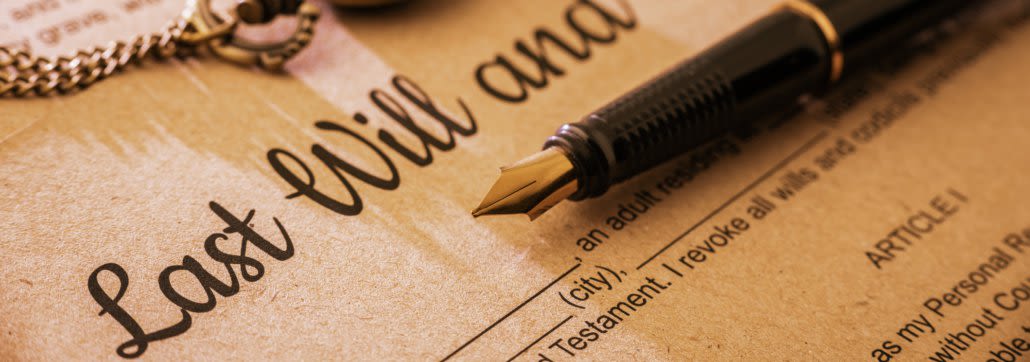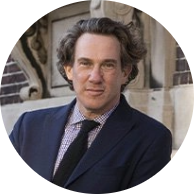
LEGAL DOCUMENTS GONE MISSING?
A client approached me last week for help with a Trust. The first problem, before I even read the document, was that he didn’t have the document. This has happened a number of times before, and - as you might imagine - it's a problem.
Your legal documents must be…documented.
In a way, it's not surprising. A Trust, like a Will and other legal documents, is meant to protect you for the long term. It should only come out of the filing cabinet upon a death or other major life event, and those are mostly events that you hope will occur very far in the future.
But when they do occur, you need your documents to be there for you. If you don’t know where they are, then you’ve wasted whatever money and effort it took to create them. And worse, you are living under a false sense of security, believing that you have legal arrangements made, but having no evidence of what they are.
Where there's a Will there's a way. . . . And where there's no will, there's not.
Some legal documents are more consequential than others. Certain types of documents have to be presented in their original, "wet-signature" form in order to be legally valid. Such documents include the share certificate for a stock or a coop apartment. And the other document that must be presented in the original is a Will. If a Will is lost, it simply cannot be put into action (with only a very narrow range of exceptions). That means that your plans for distributing your assets, your selection of an executor, your establishment of a trust for your kids or anyone else, your gifts to charities, are gone.
The Trust that my client asked me about last week is a trust that is intended to own a life insurance policy, and, in the future, to receive its proceeds. In the absence of this document, no one will know who the trustee is who is charge of managing the policy, and no one will know what to do if that person ever ceases to serve as trustee due to death, old age, or some other reason. They will also not know how the proceeds of the policy should be distributed. And while you might think that the insurance company would keep a copy of the Trust on hand, they typically don't. They sometimes hold a copy of the first and last page, to document that the trust exists, but they don't really need or want to know the details of the trust - those details are the client's private business.
When a copy of a legal document will suffice.
Fortunately, many legal documents can be used in photocopy or pdf form. You can usually implement a Power of Attorney or a Health Care Proxy using a copy, although keep in mind that some parties you work with may demand an original, especially in the context of a real estate transaction.
It's an attorney's responsibility to maintain good files and to keep copies of documents they have created for their clients. But the obligation to retain records technically only runs for seven years, and it may be decades before your Will or Trust are needed. So, while it's obviously the best practice for a lawyer to have your original documents, or at least a set of accurate copies, available when you need them, I have seen on many occasions that they often do not. Attorneys also retire, and, especially outside the context of large firms, they may not have a plan in place for the delivery of documents to their clients. And even if they do, they won’t be able to reach you if you’ve moved or changed your email, telephone number or name.
So, when you have documents prepared, it's really important to make sure that you have them in your possession after you've signed them. You should have orderly files where you will be able to find them years in the future. It's great to have pdfs, and also a set of paper copies. And while it's not necessary to keep the originals yourself, you should absolutely know where they are so you can retrieve them when you need them.
 Ron L. Meyers
Ron L. Meyers
Ron Meyers graduated from Columbia University in 1992, from Harvard Law School in 1999, and has been practicing law in New York City since 2000. He worked for several years in major law firms on commercial real estate matters, such as the World Trade Center, the creation of the High Line and the redevelopment of Times Square. He turned to private-client work in 2007, opening his own practice in 2009, where has now served over 1,000 clients. He and his team handle estate planning, probate and residential real estate matters for individuals, couples, and families of all kinds.